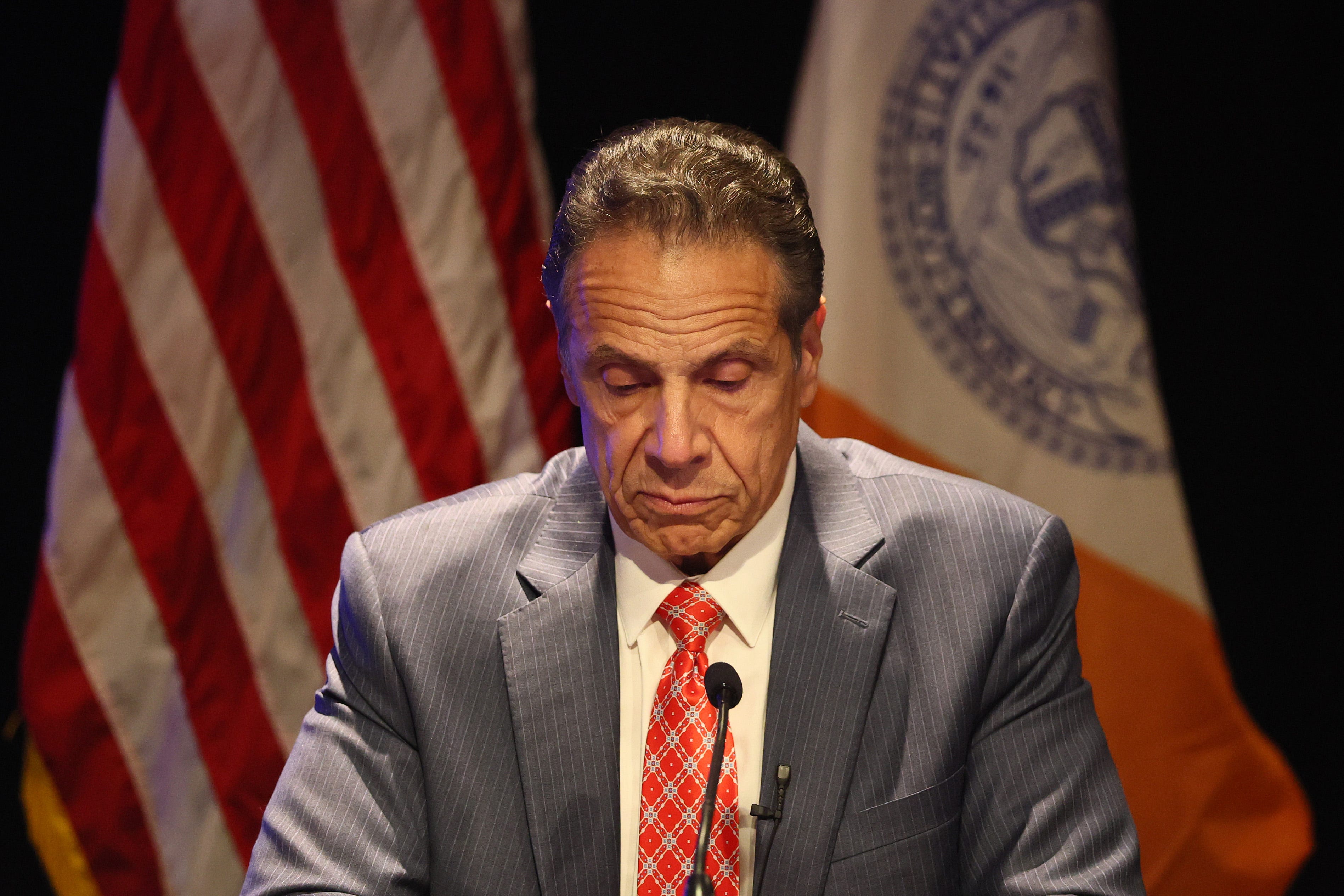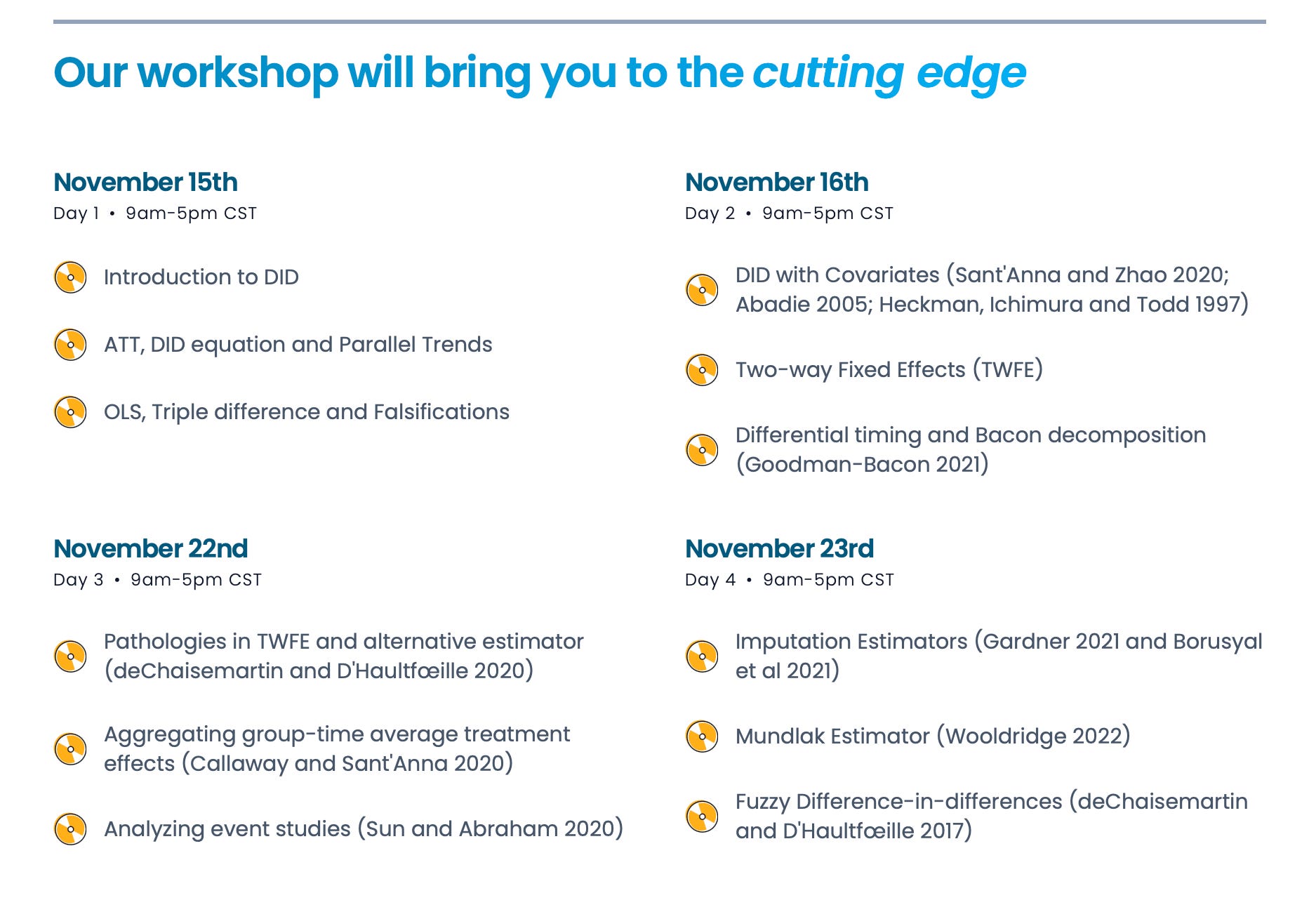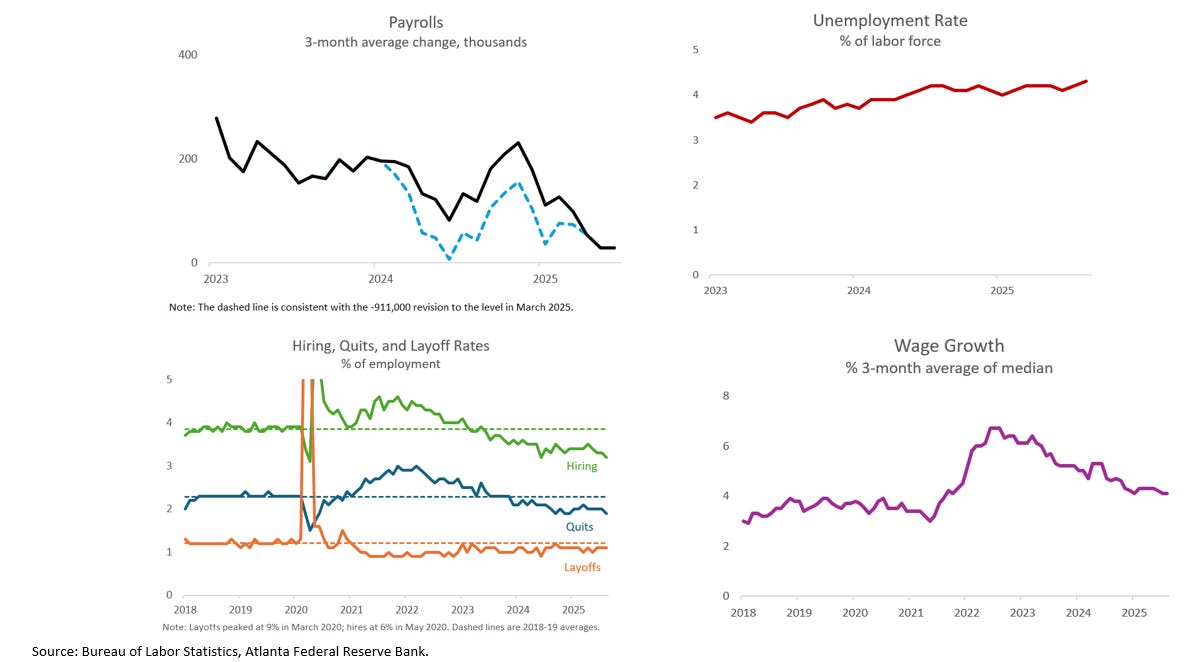
721. NY Fed Q3 Report: Household Debt Increased $197 Billion in Q3; Delinquencies "Elevated"
Bill McBride discusses the NY Fed's report showing a $197 billion increase in household debt and elevated delinquency rates in Q3 2025.
your daily dose of economic commentary

Bill McBride discusses the NY Fed's report showing a $197 billion increase in household debt and elevated delinquency rates in Q3 2025.

The post discusses a decrease in mortgage applications, highlighting trends in refinancing and purchasing amidst fluctuating interest rates and year-over-year comparisons.

Authorities in Taiwan, Hong Kong, and Singapore confiscated assets from a Cambodian businessman linked to a global scam syndicate accused by the U.S.

An argument that tariffs are generating significant revenue for the government while simultaneously imposing economic burdens on consumers and businesses.

Scott Neuman discusses tax changes from Trump's legislation that primarily benefit wealthy Americans.

Nate Silver analyzes polling data and voter sentiment to discuss Andrew Cuomo's electoral prospects against Zohran Mamdani in the New York mayoral race.

The post highlights various stories that illustrate economic principles and their applications, including consumer behavior and educational resources for teaching economics.

Elizabeth Blair discusses the layoffs of staffers as Teen Vogue transitions under Vogue.com, highlighting its previous focus on fashion, politics, and social justice.

Rachel Treisman discusses a listeria outbreak linked to pasta products, resulting in six deaths and 25 hospitalizations, prompting recalls from major retailers.

The author announces the rescheduling of a causal inference workshop, detailing its focus on continuous diff-in-diff methods and encouraging participation amidst personal challenges.

Noah Smith discusses his fascination with Ireland and its culture, drawing parallels to weeb culture and reflecting on personal connections to Irish heritage.
Discussion on compensating differentials explains gender wage gap nuances, emphasizing job flexibility and overtime willingness rather than market discrimination as key factors.

An argument that highlights the disconnect between Trump's lavish lifestyle and the suffering of many Americans, emphasizing the cruelty that binds his supporters to him.

Bill McBride discusses the decline in light vehicle sales to 15.3 million SAAR in October, marking the lowest level in 15 months due to various market factors.

A selection of intriguing economic studies is presented, highlighting their findings and implications for understanding economic behavior and trends.
The post discusses the affordability and convenience of the Yango ride-hailing app in Maputo, highlighting its impact on local transportation and pricing dynamics.

Maria Aspan discusses Propel's initiative to provide cash assistance to SNAP recipients through a free app aimed at supporting those on food stamps.

The discussion focuses on the unique dynamics of the labor market post-pandemic, highlighting unusual trends and potential recession risks amid a curious balance of supply and demand.
Timothy Taylor discusses the Supreme Court case regarding Trump's tariffs and the legal authority of the President to impose them under the International Emergency Economic Powers Act.

Nate Silver discusses the potential for expanding major sports leagues into Mexico City, highlighting its vibrant culture and economic viability for franchises.